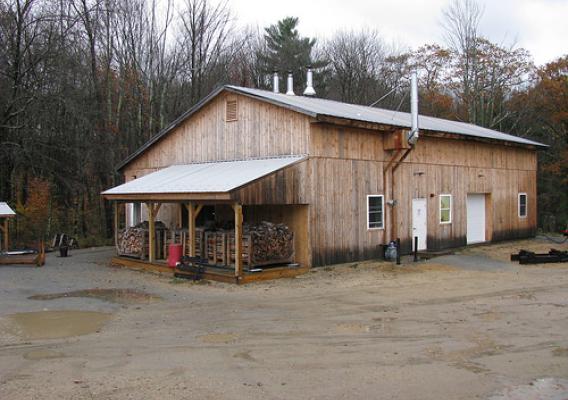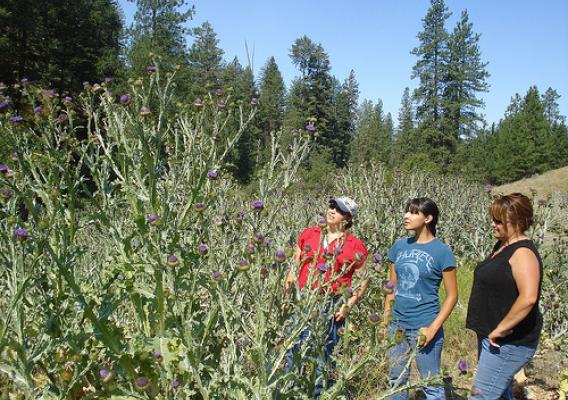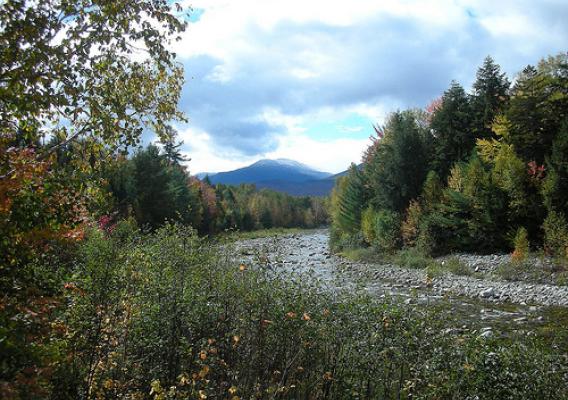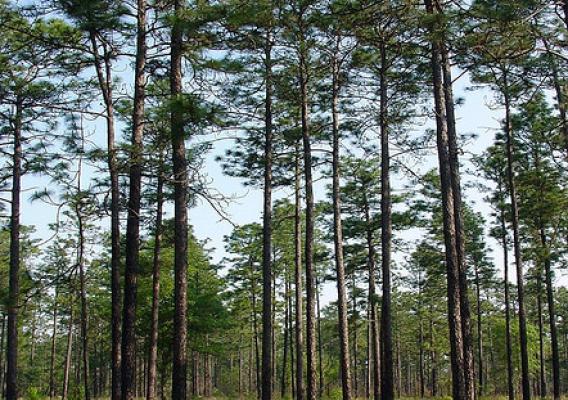What a day! I am excited and nervous at the same time. Over the past nine months, hundreds of folks have been working together to make the opening of the USDA Southeastern Regional Climate Hub (SERCH) a reality, and today is the big day. SERCH meet world, world meet SERCH.
Now that we have formalities out of the way, what is SERCH? Well, SERCH is for you, if you are a landowner, rural resident, agricultural producer, researcher, policymaker, or anyone who is interested in sustaining the agricultural and forest systems on which we depend. Specifically, SERCH was born to help take decades of scientific research on natural resource disturbances related to weather and climate vulnerability, and convert those studies, data, and knowledge into practical management options for producers, forest owners and land managers across the Southeastern U.S. and the Caribbean. Our region faces many types of disturbances, including wildfire, hurricanes, insects and diseases, and changing land use, just to name a few. All of these challenges are impacted by climate change and weather variability. SERCH will use its enormous collective brain power and experience to develop ways to adapt to these disturbances.






